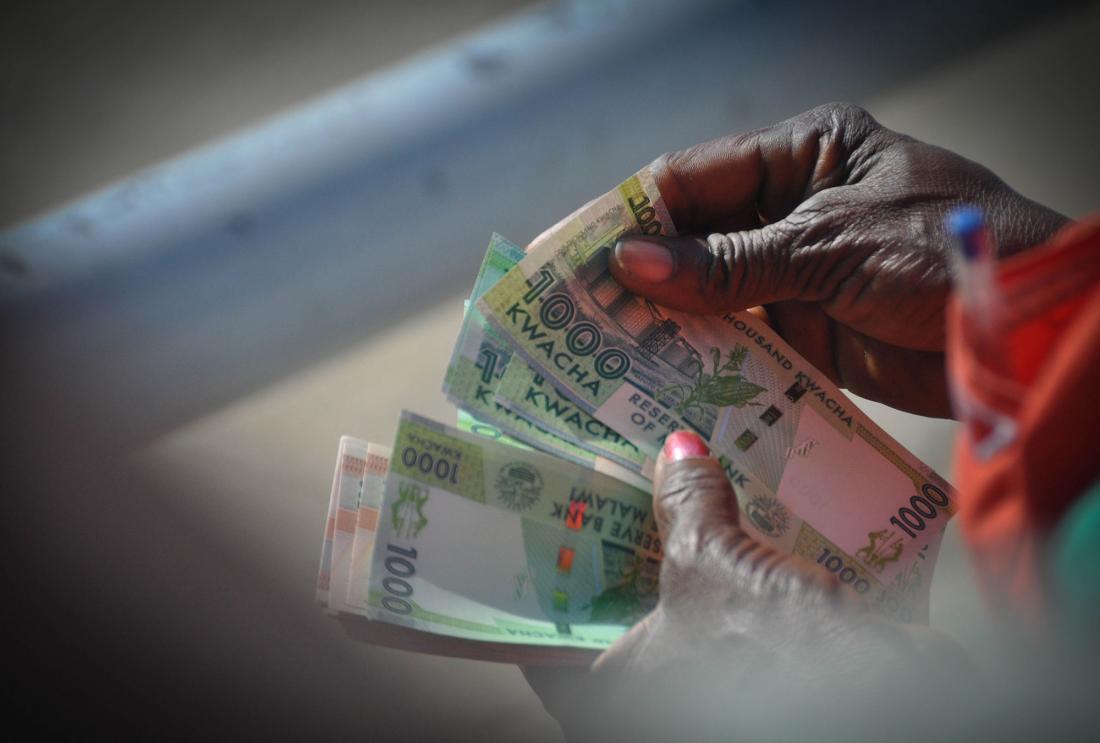Changing Behavior to Improve Household Financial Management in Malawi
- Rural population
- Savings/deposits
- Cash transfers
- Savings
- Unconditional cash transfers
Individuals face many barriers to saving which can make it difficult to attain future goals or meet unexpected expenses. Researchers introduced one-time cash windfalls to bank account holders in Malawi to determine the impact of defaulting payment of a cash transfer into a savings account and varying the timing of cash transfers on households’ savings and spending decisions. Depositing the cash transfer directly into a savings account led to higher bank account balances for recipients relative to those who received cash. However, the mode of the cash transfer (and the timing of payments) did not change household consumption decisions, suggesting that in this context households managed cash similarly with or without using formal savings accounts.
Problema de política pública
Some evidence indicates that savings can enhance individuals’ welfare. Savings accounts may help households manage inconsistent income flows by allowing them to save after a windfall and spend during hard times to meet consumption needs. However, in some contexts, individuals face barriers to saving. For instance, they may spend on temptation goods like alcohol or tobacco or have trouble following through on planned uses of future income. Appropriately designed financial products can help overcome these barriers. To help individuals avoid temptation and maintain savings, products include features such as default deposits into a savings account, using mobile wallets to transfer and store cash, or depositing agricultural proceeds directly into individual accounts. The design details of these products may facilitate saving behavior, but open questions remain. Does defaulting payment of a cash transfer into a savings account rather than cash affect savings balances and use of income?
Contexto de la evaluación
The evaluation took place in villages of southern Malawi whose centers were within six kilometers of NBS Bank’s Mulanje branch. The NBS Bank is located in a trading center with shops, government offices, and other banks. In villages around the NBS Mulanje branch, five percent of households already had accounts with NBS and fifteen percent had accounts with one or more other banks. Of households in the study sample, only seven percent had any bank account transactions in the week prior to the evaluation and only a third had at least one transaction in the preceding three months.
During the lean season, income scarcity can make households more susceptible to temptation spending. When resources are scarce, nudges in the form of defaulting payments into savings accounts or delaying transfers to increase the ability to plan expenditures may be the most effective.

Detalles de la intervención
Researchers conducted a randomized evaluation to measure the impact of the timing and mode of a cash windfall on households’ financial decisions. From a set of households who participated in a previous financial inclusion evaluation, researchers selected 600 bank account holders to receive a one-time cash windfall. Bank account holders were randomly assigned to receive a payment of 25,000 Malawian kwacha (US$59.52) during the 2014 lean season either in cash or by direct deposit into their bank accounts. Additionally, for each of those groups, researchers randomized the timing of the transfer. Individuals received the transfer either immediately, after one day, or after eight days.
To assess impacts on savings and spending, researchers used survey data collected by the research team and administrative data on balances, withdrawals, and deposits from the NBS bank.
Resultados y lecciones de la política pública
Savings defaults led to higher bank balances, but did not impact total savings or spending patterns. Those who initially received cash deposited MK 1,637 (6.5 percent of the total transfer), while those whose transfer was directly deposited to a bank account – and thus defaulted into savings – withdrew MK 17,937 (72 percent of the total). Relative to those who received cash, individuals who received transfers directly in their savings account had an average of 5,224 Malawian kwacha (approximately $12) more in their savings accounts in the 30 days following the transfer. Despite these differences in cash-on-hand, the groups did not differ in their spending patterns. Recipients did not spend all of the cash on hand, suggesting that poor households were able to manage an unexpected cash windfall. Both groups spent about half of the transfer in the first two weeks, and spent only a third of the transfer on food—particularly remarkable during the lean season.
The timing of the transfer did not affect the amount or composition of household spending. Additionally, households that received lump sum cash transfers were able to manage cash on hand without using formal savings accounts and reported very low levels of unplanned spending.
Defaulting funds into savings accounts raised bank balances at the partner institution, but researchers found little evidence that savings defaults or payment delays had an effect on individuals’ wellbeing. However, in other settings depositing cash transfers directly into savings accounts may be a valuable tool for smoothing consumption and encouraging savings. Default savings deposits could help individuals form good savings habits in agricultural settings where most income is seasonal or with repeat transfers like wages.


